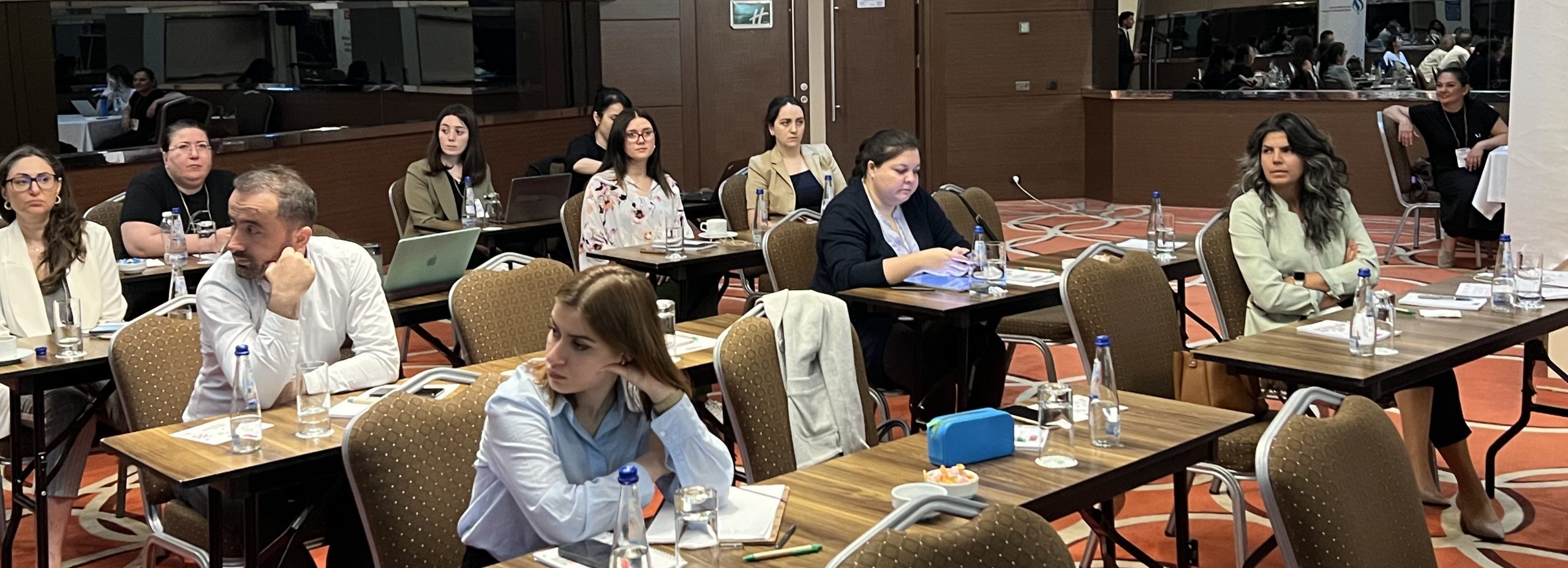
The Sectoral Implementation Plan Consultation Meetings were held in Ankara on the second day with the participation of stakeholders from government institutions, the private sector, civil society, and academia in the Tourism and Cultural Heritage as well as Agriculture and Food Security sectors on July 11, 2023. These meetings aimed to evaluate the actions included in the ongoing preparation of the National Climate Change Adaptation Strategy and Action Plan and to determine the sub-steps of these actions. The responsible and relevant institutions stated in the action plan were discussed in consultation with sector representatives during the meetings.
What do the Sectoral Implementation Plans Include?
The first section of the sectoral implementation plans begins with information about the stakeholders and responsible institutions mentioned in the sectoral action plans. The second section includes the evaluation of policy documents and regulations, encompassing the current political and legal framework, and proposes possible legal regulations within the scope of adaptation actions. In the third section, investment and financing requirements are addressed, evaluating the investments, financing sources, new technologies, and R&D requirements necessary to enhance the resilience of sectors. The fourth section of the plan emphasizes capacity building, education, and awareness. It highlights the importance of data collection and sharing, as well as informing and increasing awareness among experts and the general public to enhance adaptive capacity. The fifth section highlights the critical importance of monitoring and evaluation systems to enhance planning capacity. It provides general information about the indicators deemed necessary for monitoring action recommendations, evaluating implementations, and providing feedback to decision-making processes. The final section of the plan presents a comprehensive evaluation of decision support tools. It offers approaches, analyses, and recommendations related to contributing to planning and decision-making processes and provides guidance documents.
In addition to the six sections created for each sector included in the Sectoral Implementation Plans, action cards specifically designed for each sector are presented. These action cards include the recommended actions along with the responsible institutions and stakeholders, action steps, and indicators for monitoring progress.

Tourism and Cultural Heritage Session
It is expected that climate hazards and risks will also affect Turkish tourism, leading to changes in suitable areas and seasons for tourism activities and the emergence of new destinations. Climate change poses a global threat to natural, cultural, and mixed heritage, contributing to their deterioration. The scope of actions developed to achieve the strategic objective of enhancing the resilience and sustainability of the tourism and cultural heritage sector in Turkey against climate risks was determined taking into account the current conditions and levels of vulnerability of the value chain components.

Agriculture and Food Security Session
Agriculture, being the only sector that produces food, holds strategic importance and should sustainably support the country’s economic, social, and environmental aspects, particularly in ensuring food security. Türkiye’s diverse climate and natural resources allow for the cultivation of numerous agricultural products. However, this diversity also brings various risks, options, and scenarios related to the impact and adaptation of climate change in the agricultural sector. The aim of developing climate change strategies and action plans in the agricultural sector is to enhance its resilience to the adverse effects of climate change, ensure food security in line with the increasing population and income, and maintain a competitive advantage in global markets.







